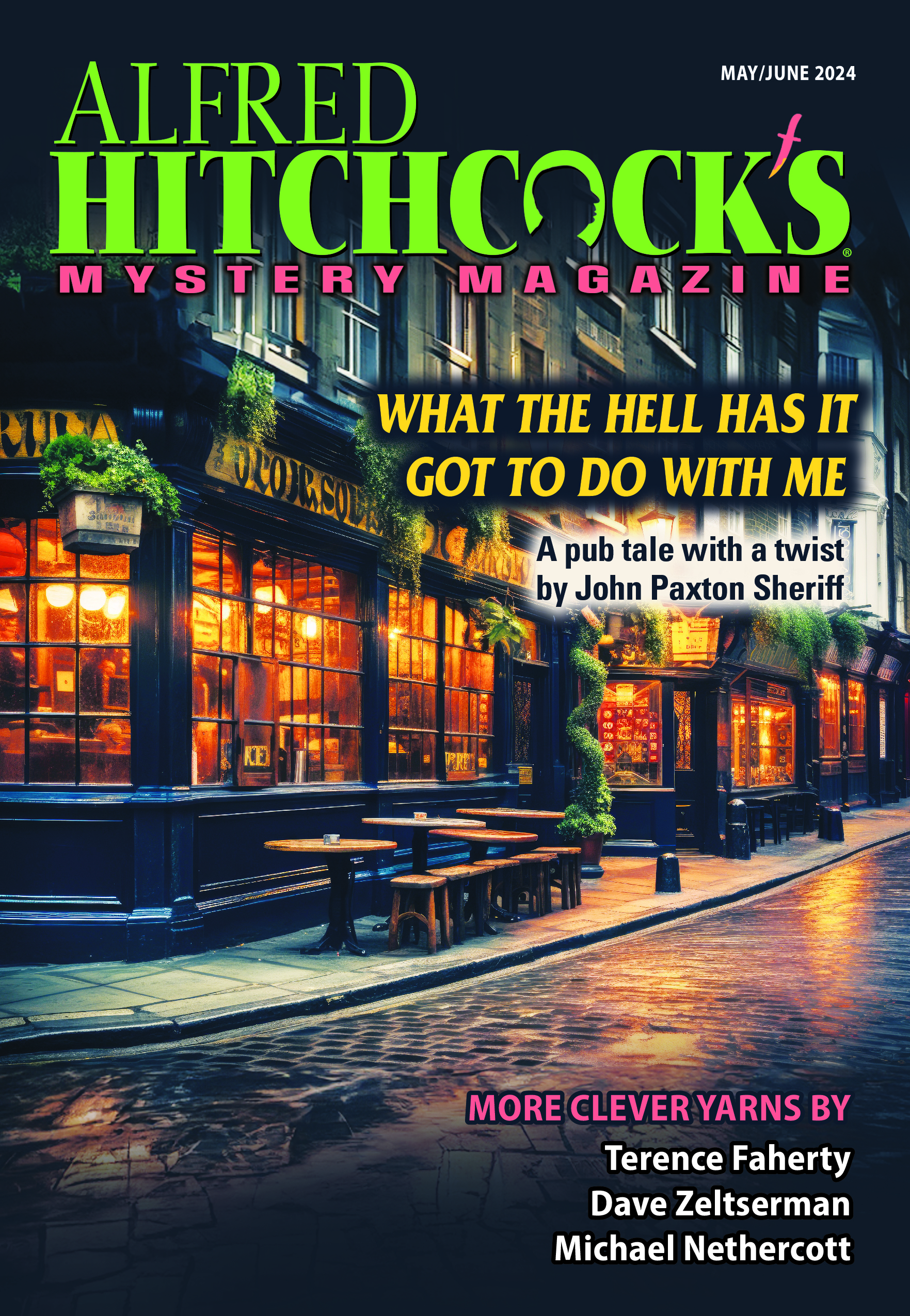There’s an interesting profile of the short story writer Lydia Davis in the March 17th New Yorker. Davis is known for her very short, spare, evocative stories, and in the article by Dana Goodyear, she has some interesting things to say about the intersection of real life and the creative imagination.
But I wanted to share here another passage, one that demonstrates an ideal to which all writers can aspire:
One recent morning, Davis sat at her kitchen table with a pocket-size black notebook and a hardcover novel by a popular writer, whom she asked me not to name. “I don’t like to hurt people’s feelings, and I don’t like to knock other writers as a matter of principle,” she said. Though enjoyably soap-operatic, the novel, that month’s selection for her book club—local women, wine, family talk—was full of mixed metaphors. “I’ve gotten very alert not just to mixed metaphor but to any writing mistake,” she said. “A little bell goes off in my head first. I know something’s wrong here. Then secondly I see what it is.” She opened the notebook and read a sentence about an acute intimacy that had eroded into something dull. “Acute is sharp, and then eroded is an earth metaphor,” she said. She read another: “ ‘A paper bag stuffed with empty wine bottles.’ I thought about that. You’d think he could get away with it, but he can’t, because ‘stuffed’ is a verb that comes from material. It’s soft, so it’s a problem to stuff it with something hard.” There were sentences about camouflaging with a veneer, and girding with an orb, and boomeranging parallels. “Whenever I read this kind of thing, it tells me the writer is not sensitive to the full value of the idea of comparison,” she said.
How many of us are so alert to such writing mistakes? In my own writing, which is always a struggle, not so much. But in the works of others, sure, that’s the editor in me—though unlike Davis, I don’t always stop to analyze in such detail why the “little bell” is ringing.
I admire the depth of her engagement with language, her dedication to the discipline of scrutinizing each word in its relationship in the sentence. I think it behooves all writers to look at their writing with such a critical eye.
Mystery writers, I think I can safely say, love their metaphors and similes. Consider Raymond Chandler, whose prose still blinds us with its startling vividness:
His chin came down and I hit it. I hit it as if I was driving the last spike on the first continental railroad. (“Red Wind”)
It was blonde. A blonde to make a bishop kick a hole in a stained glass window. (Farewell, My Lovely)
The voice of the hot dog merchant split the dusk like an axe. (Farewell, My Lovely)
Figurative language is one way a writer can (excuse the old cliché!) show without telling. It’s artful and it brings together levels of meaning. The power of the comparisons rests in the associations Chandler is making. They give the reader more entries into understanding the action. But this sort of device can also be clumsy and can draw attention to itself. That’s one reason we object to dead and mixed metaphors.
Davis’s comment is interesting to me because she brings her focus down not just to the comparison of images but even to the etymology and connotations of the words themselves. She rejects the easy purchase of images carelessly mashed together in favor of, as she puts it, “the full value of comparison.” And whether you agree with her about the specific examples she quotes, I think writing—communicating effectively, whether through flat prose or lyrical poetry, or something in between—requires that we bring an intention to our choices in words and syntax. A metaphor may be wonderful because its startling dissonance surprises the reader, but the writer needs to be aware of just how the words are working together.

